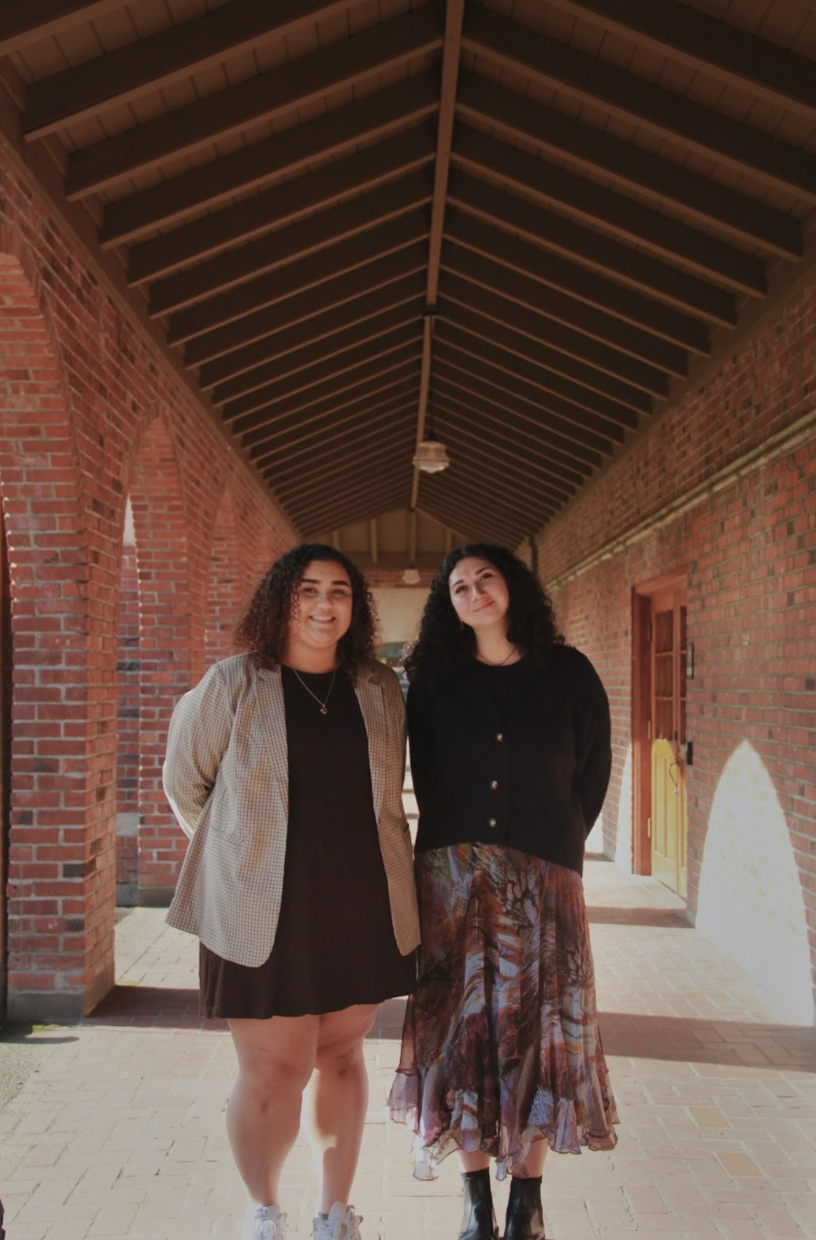
By Mercer Stauch
The Associated Students of the University of Puget Sound is holding elections for nine open representative and executive student government positions starting today, February 17. Polls opened at 12:00am this morning and will remain open until 11:59pm on Wednesday, February 22. ASUPS uses the data collection platform Qualtrics to facilitate student access to voting; the survey will arrive in students’ school inboxes on election day. It can be filled out digitally in five to ten minutes.
Student leaders who fill these open positions, which include ASUPS President, Vice President, and seven seats in the ASUPS Senate, will play a role in determining a $500,000 budget that funds student clubs and campus events. Also on the ballot will be a proposal to provide ASUPS Senators with a stipend, similar to what ASUPS executives already receive for their work.
Chloé Pargmann, ‘24, is running for the ASUPS presidency with Vice President running mate Bella Sanchez, ‘25. In her bid to lead ASUPS next semester, Pargmann wants to create “a less pretentious ASUPS.” She said, “I think a lot of people see ASUPS as like corporate America, and yes, that’s part of it, but our main goal is to represent the student body. To execute the student voice.” Pargmann emphasized, “I think we really nail the business part, but we’re trying to see to the other parts.”
Sanchez echoed this worry about ASUPS feeling detached from campus: “I think a big part of the lack of engagement with ASUPS is that it’s seen as this business side of things, but there are fun parts of ASUPS, it’s a great way to input your voice into the community.”
In the past few election cycles, disengagement with the voting process is evident in voter turnout data. In spring 2021, only 11.1% of the student body submitted ballots in ASUPS elections. That fall, the number was 13.5%, but it fell to 12.7% spring of 2022. This is concerning to Chloé Pargmann, but “it’s even more concerning that no one has turned in election packets for the Senate,” she said, noting that at the time the due date for candidacy declaration had not passed.
In their interviews, both Pargmann and Sanchez recognized that they do not have opposing candidates, but Sanchez said they “would like to run opposed.” To Sanchez, “that means that more people are getting involved in a sense and looking to be a part of this community in a bigger way.” She added that as a ticket, “we’re going to act as though we are running opposed. We’re still going to do the same things.”
A source close to the issue described the current state of campus engagement, particularly within the Senate: “it’s not a very energized body; sometimes it can feel pretty dead.” The source, a member of the Senate, explained that ASUPS candidates are frequently elected by write-in votes, or they run unopposed in the first place. “We have write-in candidates with, I kid you not, one vote sitting in the Senate,” the source said
Michael Walker, an ASUPS Senator and Elections Committee Chair, said, “We always want more people running. If every single seat for every single senator position has 20 people running, that would be awesome. But we have what we have at the moment.”
Also on the ballot this spring is the Senate Stipend Proposal — senators have historically gone unpaid. This piece of legislation was constructed by Chloé Pargmann, Corey Hodder, and Jennah Decorso, as well as former students Bailey Gamel and Soren Kloepfer. According to the source from within the Senate, the stipend would make the time commitment of Senatorship “a lot easier to justify.” The senator explained, however, that “compensating a full senate will draw nearly $20,000 of ASUPS funding. While there is allowance for that as it stands, ASUPS is placing preference on senator stipends over other programming it could provide for students.”
Corey Hodder, ASUPS Head of Staff and a contributor to the proposal, said it was designed more to address the issue of fairness. “ASUPS and the University as a whole really values internal equity, and we believe that this stipend resolution is working to further internal equity within the organization,” Hodder said. Members of the ASUPS executive branch are already paid for their work.
Increased engagement from both voters and prospective candidates may be a positive byproduct of the measure. Multiple sitting ASUPS members encouraged students to think of ASUPS as a resource they’re already paying for in dues, and to not waste it; Sanchez emphasized that “you want someone who’s responsible and caring,” to be in these roles as well as “someone who actually cares about the campus community.” To achieve this, students need only spend five to ten minutes filling out a ballot this weekend.
